Ukraine denies Russian claims that it was behind car bomb attack that killed ultranationalist Darya Dugina
There are fears that Russia could use the killing of the daughter of “Putin’s brain” as an excuse to enter a brutal new phase of “vengeance”.
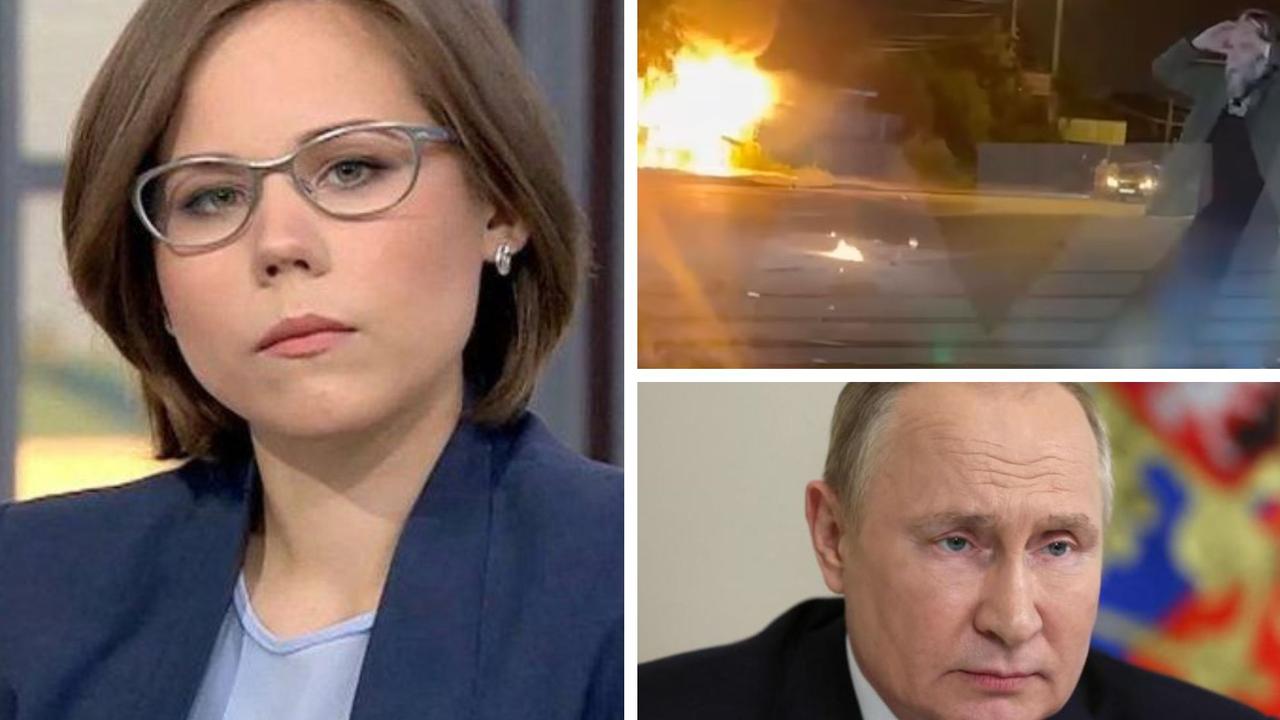
There are grave fears Russia could be on the cusp of a brutal new wave of attacks on Ukraine following the murder on the weekend of the daughter of the man who had been dubbed “Putin’s brain”.
Kyiv has imposed curfews in cities across the country in anticipation of fresh air strikes this week which marks both Ukraine’s annual independence day and the six month anniversary of the invasion.
Ukrainian president Volodymyr Zelensky had already said Moscow could be planning something particularly “cruel”.
Then, on the weekend, Darya Dugina died in a fiery car bomb attack.
Russian president Vladimir Putin said on Monday that the slaying of Dugina was a “vile, cruel crime,” against a “patriot of Russia”.
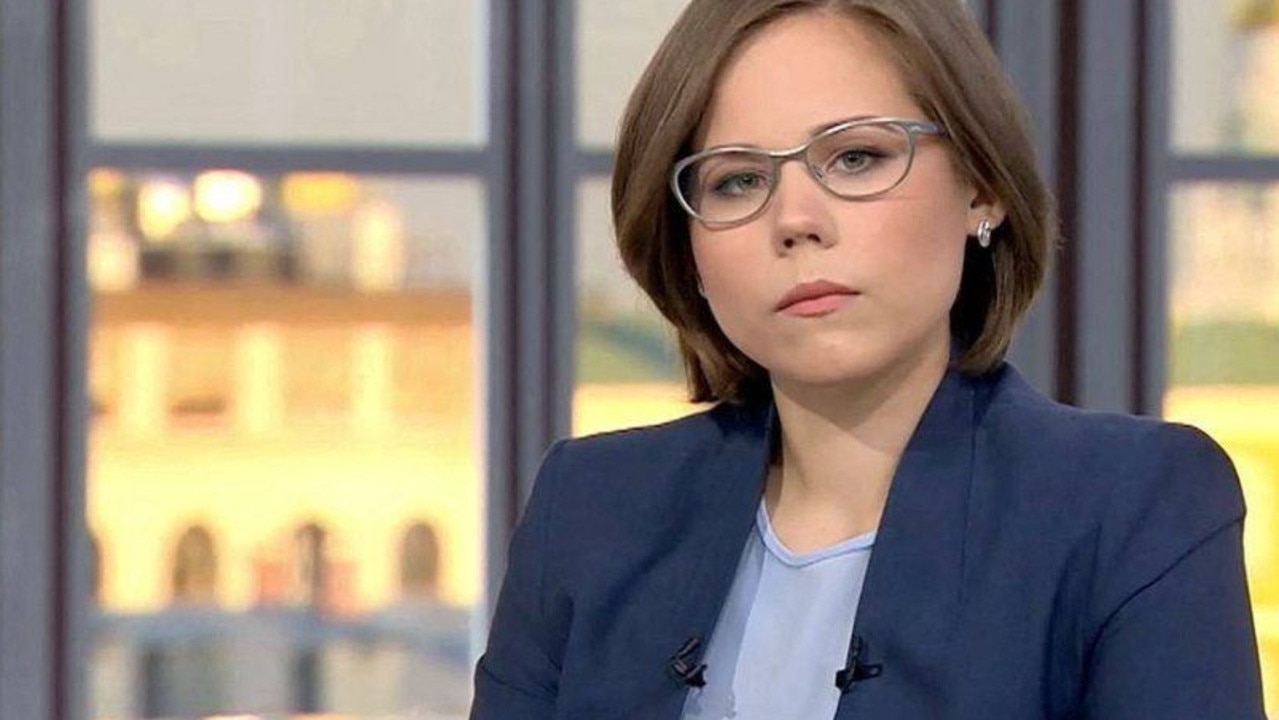
Moscow has blamed Ukraine for the bloody killing. It’s a claim Kyiv has furiously denied. Who did carry out the attack and why remains baffling.
The attack is said to have terrified those in Putin’s inner circle who had thought they and their families were safe despite the war in Ukraine.
Dugina was the daughter of Alexander Dugin, an ultranationalist and fascist Russian philosopher who is vehemently anti-American, anti-Western and is said to have the ear of Putin.
“Putin is everywhere, Putin is everything, Putin is absolute, and Putin is indispensable,” said a gushing Dugin in 2007.
He had called for Russia’s annexation of Crimea years before Moscow invaded the territory in 2014, has long advocated for the unification of Russian-speaking territories in a vast new Russian Empire and wholeheartedly supported Moscow’s operation in Ukraine.
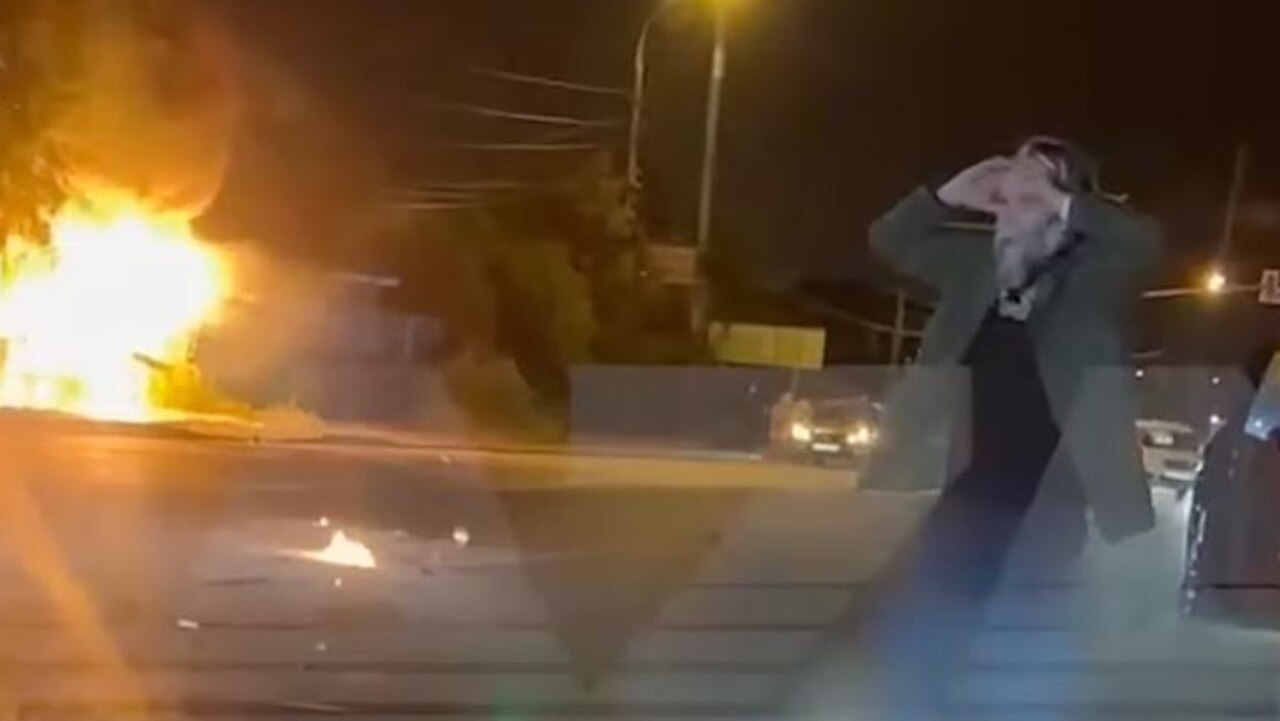
Brazen car bombing
On Saturday, Dugin and his daughter had attended the Tradition Festival in Bolshiye Vyazemy, around 50 km south east of Moscow.
A journalist, Dugina echoed many of her father’s positions and has reported for Russian television from occupied Ukraine.
Also like her father, she had been targeted by Western sanctions. Britain has said she was spreading online disinformation.
Reportedly, Dugina and her father were supposed to travel back to Moscow together. However a last-minute change of plan saw Dugin take a separate car.
As Dugina drove away from the event, a car bomb exploded in her Toyota LandCrusier killing her instantly. It’s thought that Dugin, rather than his daughter was the target.
Footage has emerged of Dugin at the scene of the attack with his head in his hands, seemingly dumbstruck at the carnage around him.
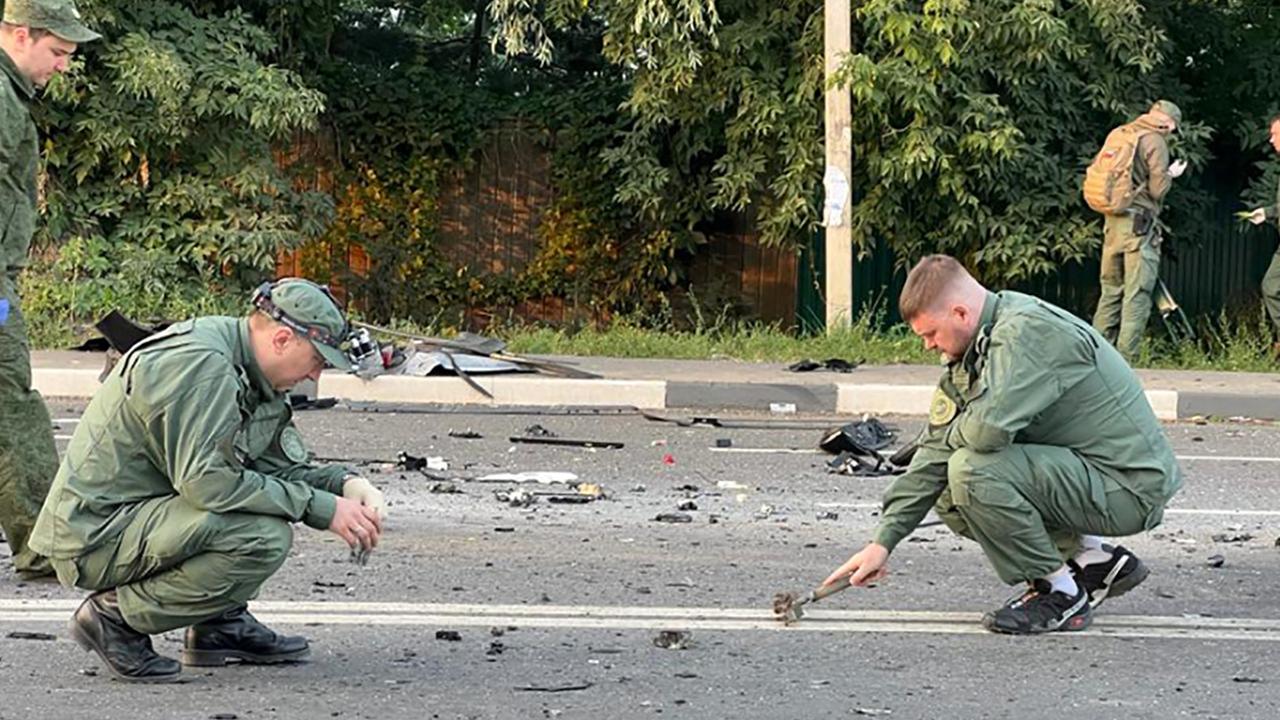
Theories over who is responsible
Suspicion for the car bomb soon fell on Ukraine, which in recent weeks has staged a number of daring attacks including a successful shelling of an air base in occupied Crimea.
However, a Ukrainian presidential adviser Mykhailo Podolyak denied that Kyiv authorities were involved.
“Ukraine surely doesn’t have anything to do with yesterday’s explosion because we’re not a criminal state,” he said.
A previously unheard of Russian group called the “National Republican Army” actually claimed responsibility for the car bomb saying Putin was a “usurper of power”.
These claims have also been met with scepticism with the suggestion the attack might even be down to a business or political dispute purely within Russia and involving Dugin. Or, most shockingly, that Putin ordered the murder in order to paint Ukraine as an aggressor.
Whatever the truth, Moscow very much wants the focus to be on Kyiv.
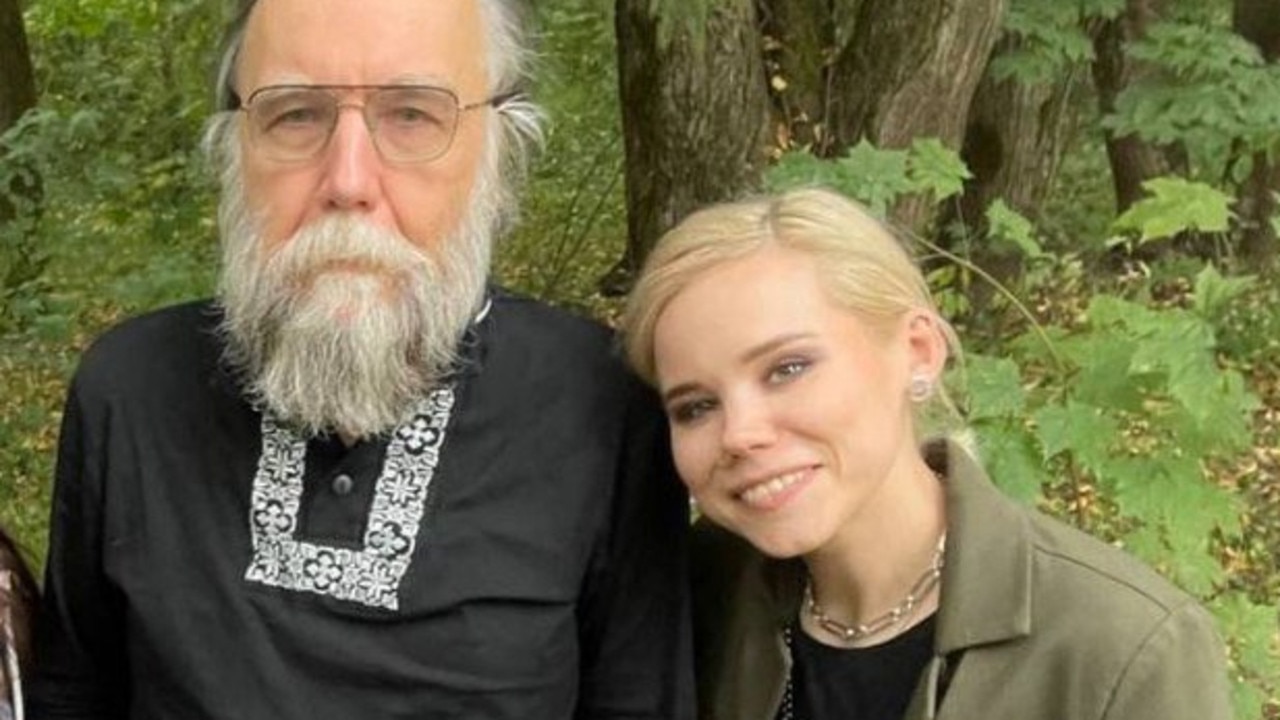
Russian foreign ministry spokeswoman Maria Zakharova said on social media site Telegram that if a link to Ukrainian was found it would amount to “state terrorism”.
That’s important to Moscow, because for weeks there has been talk in the West of Russia being labelled as a “terrorist state” following its actions in Ukraine.
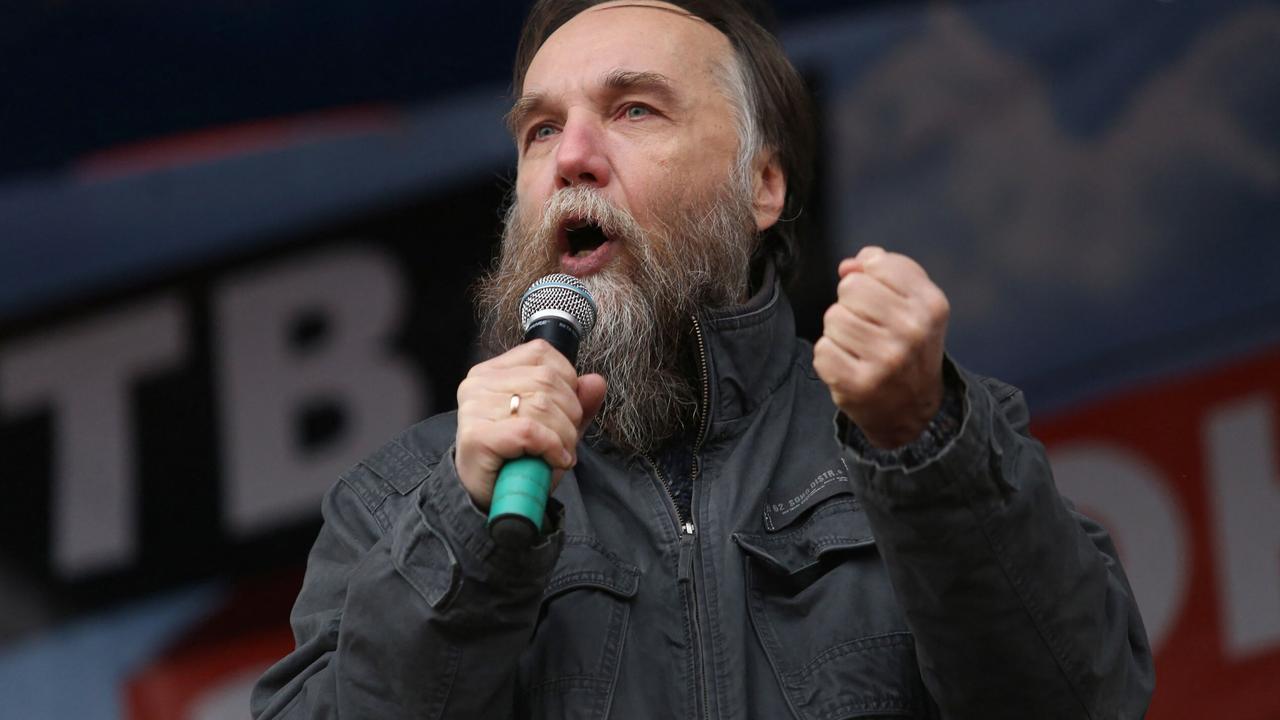
Kremlin quickly pins blame on Kyiv
In what has turned out to be a startling swift investigation, the Kremlin now says it has cracked the case.
“The crime was prepared and committed by Ukrainian special services,” the FSB, Russia’s main security agency, said on Monday.
In a statement, it pinned the attack on a female Ukrainian citizen born in 1979 called Natalia Vovk who, it said, previously served in the Ukrainian army in the Azov regiment which Moscow has previously labelled as neo-Nazis.
The FSB said the attacker arrived in Russia in July with her 12-year-old daughter and rented an apartment in the same building where Dugina lived.
The supposed attacker then followed Dugina in a Mini Cooper with registration plates issued in Kazakhstan, Ukraine and in the breakaway Donetsk People’s Republic in eastern Ukraine.
After remotely exploding the bomb, the Ukrainian is then said to have fled to Estonia.
The Kremlin’s version of events, Ukraine’s Mr Podolyak said on Twitter was fanciful and that “Russian propaganda lives in a fictional world”.
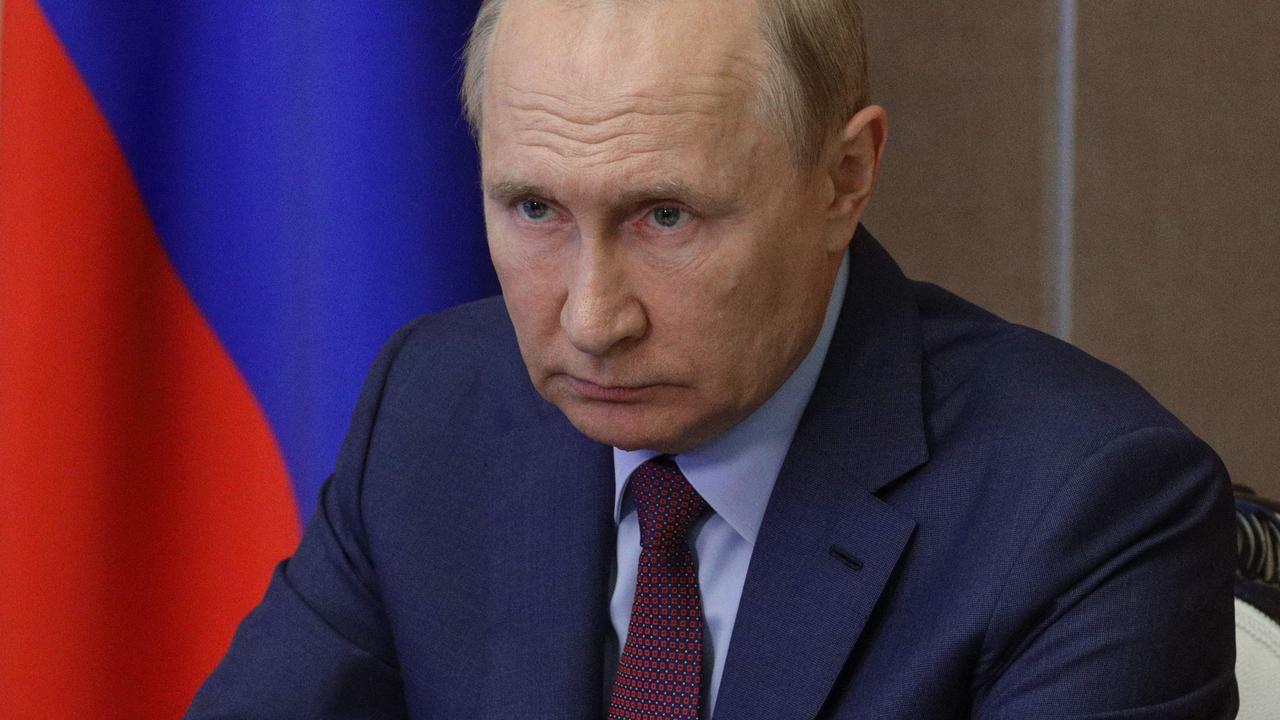
Putin: killing ‘despicable, cruel’
On Monday, Putin said the murder of Dugina was “despicable”.
“A despicable, cruel crime ended the life of Darya Dugina – a bright, talented person with a real Russian heart – kind, loving, sympathetic and open.
“A journalist, scientist, philosopher, war correspondent, she honestly served the people, the Fatherland, she proved by deed what it means to be a patriot of Russia.”
Dugina’s father also released a statement which stated his daughter was a “beautiful Orthodox girl, a patriot, a philosopher”.
“She was a rising star at the beginning of her journey. The enemies of Russia meanly, stealthily killed her.
“Our hearts yearn not only for revenge or vengeance … we only need our victory.”
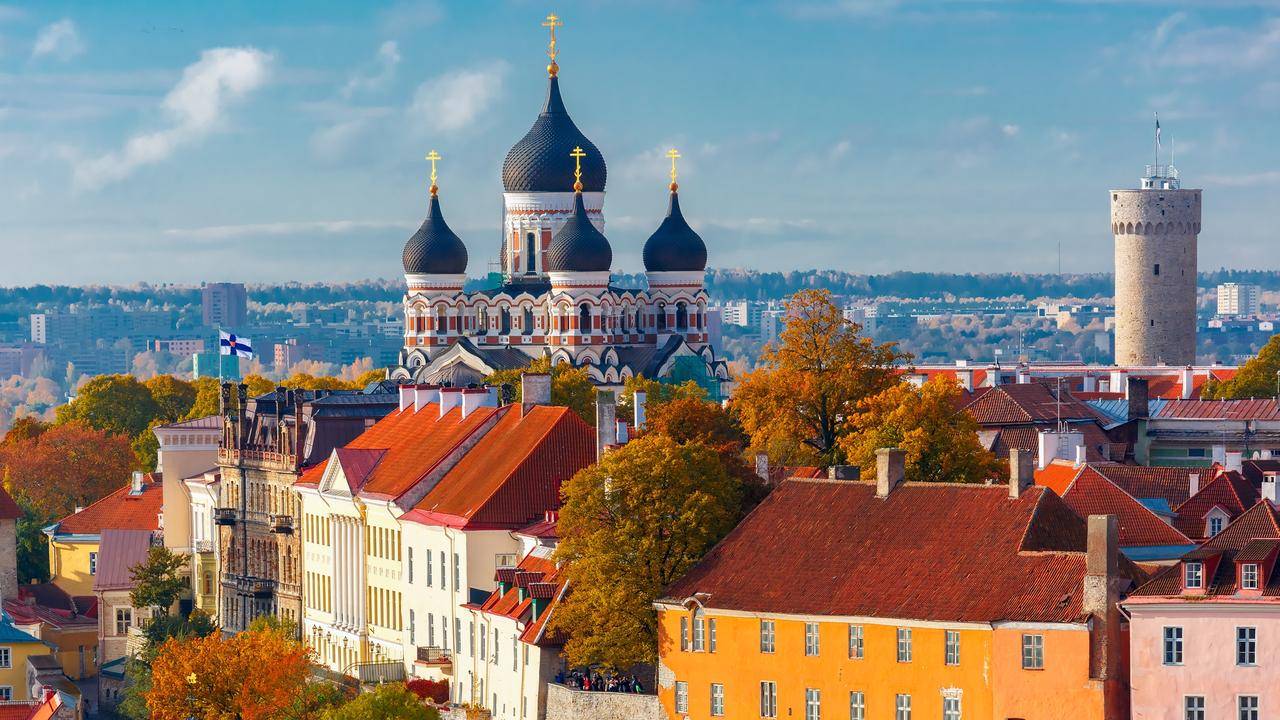
Third country dragged into furore
Moscow is now demanding that Estonia extradite Vovk back to Russia.
NATO member Estonia doesn’t seem that keen.
The country’s police said it would not even confirm if Vovk had crossed the border.
“We can publish the data of people moving across the border only in the cases prescribed by law.
“The situation where the Russian special service accuses them of something in the media is not one of them.”
Besides, said Estonia, Russia has not made any official requests regarding Vovk.
The unwillingness of Estonia – which was once part of the Soviet Union but is now firmly allied to the West – to do Moscow’s bidding has led to dark warnings from high profile Russians.
“If Estonia refuses to extradite … there is every reason for Russia to take tough action against the Estonian state that is harbouring the terrorist,” said Russian Senator Vladimir Dzhabarov.
Margarita Simonyan, who is the editor of Kremlin media mouthpiece RT, said Russia should find “professionals who want to take in the spires in the vicinity of (Estonia’s capital of) Tallinn”.
That appeared to be reference to the poisoning of former Russian spy Sergei Skripal in the UK in 2018 with the two Russian suspects claiming they had only been in the English city of Salisbury to admire the spire of its famous cathedral.
It’s the closest a Russian public figure as come to admitting that Russia was behind that brazen attack.
Whether or not Kyiv was responsible for the death of Dugina, Moscow is using the incident to hit out at Ukraine.
Ukrainian president Volodymyr Zelensky has said he is concerned Russia will amp up attacks on the country to coincide with the August 24 celebrations that mark Ukraine’s independence from the USSR in 1991.
“We must all be aware that this week Russia could try to do something particularly ugly, something particularly vicious,” he said on Sunday.






